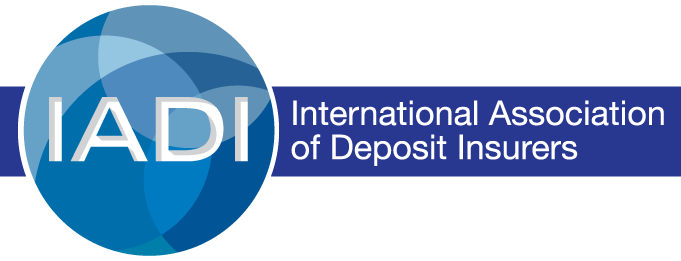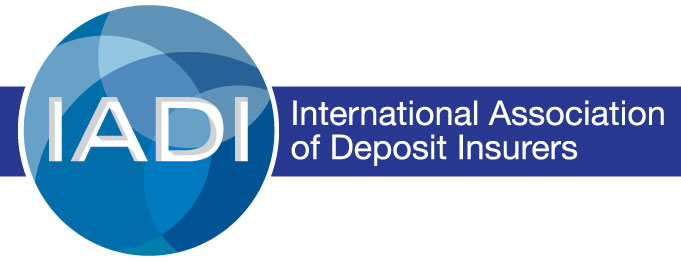Good morning. It is a pleasure to welcome you to the Seventh IADI Biennial Research Conference. On behalf of the International Association of Deposit Insurers, I would like to thank our President and Chairman, Alejandro Lopez, as well as all the participants in the auditorium and those who join the conference via Webex. I would also like to thank those who submitted papers for consideration by IADI for the 2023 edition of this conference, and to recognise those who were selected and who agreed to participate and are with us today.
I think we can all agree that it has been a long time since deposit insurance has attracted as much news and statements from policymakers as we have seen so far in 2023. As a colleague from the Financial Stability Institute remarked a few days ago: “Deposit insurance seems to be back in fashion.” In many ways, and although we didn’t know it when we started planning this conference, it is exactly the right time to revisit and rethink our notions around bank runs and how deposit insurance can help prevent them… and perhaps needs to evolve to continue to prevent them. On that note, I should say that we are truly honoured to have Douglas Diamond, winner of the 2022 Nobel Prize in Economic Sciences, as our keynote speaker today.
Recent events have invited us to reflect on the institutional arrangements and design features needed to ensure the continued effectiveness of deposit insurance. This is evidenced by the discussions that have captured the attention of the deposit insurance community, in particular stemming from the proposals from the FDIC and the European Commission, but also from discussions in other jurisdictions that are having a “moment of reckoning” of sorts as well.
Of course, the purpose of this conference is not to provide an in-depth analysis or policy responses around these issues. Nevertheless, this research conference does provide a unique forum to take stock of and explore the implications of issues influencing financial stability, deposit insurance and bank resolution. It is likely that, in the coming months, these issues will be the subject of increasing study and analysis by the academic community that could potentially benefit the deposit insurance community in the near future. For some of these issues, the papers presented today already provide initial reflections, from considerations around the timely intervention of troubled banks, to systemic risk measures, deposit insurance premiums and funding for deposit insurance.
We can all agree on the basics: an adequate level of deposit insurance, accompanied by an appropriate regulatory framework, effective supervision, and a robust resolution regime, are necessary elements to protect the stability of the financial system and depositors.
However, as the FDIC points out in its report on options for deposit insurance reform, we are faced with a situation where we need to address the psychological and behavioural reasons that drive depositor behaviour in the digital age. In this sense, the papers presented today and the discussions around them today will help us to think about a key question that remains as true today as it ever was for deposit insurers: to what extent are we doing enough to mitigate the impact of a bank run and the potential implications of a bank failure?
The potential rethinking of the adequate coverage level and the proper treatment of uninsured deposits, as a result of recent events in the banking sector, has led us to revisit the discussion on the proper design of deposit insurance systems, or more precisely, on the core of its activities. Empirical evidence suggests that this role is evolving. The expansion of deposit insurance mandates to play a greater role in resolution is verifiable, and several papers published by the IADI Research Unit attest to this dynamic.
IADI has been able to look beyond in the past and anticipate the evolutionary process that has taken place organically among deposit insurers worldwide. This is how the IADI Core Principles for Effective Deposit Insurance Systems came to be. Forums like the IADI Biennial Research Conference make an important contribution to identifying potential new areas for action. They also provide us with a unique opportunity to look at ourselves from the outside and identify ways in which we can improve the way we protect depositors and contribute to the stability of financial systems.
In that sense, perhaps the theme for today is that deposit insurance is not back in fashion, because it never left. Thank you again for being with us today.

